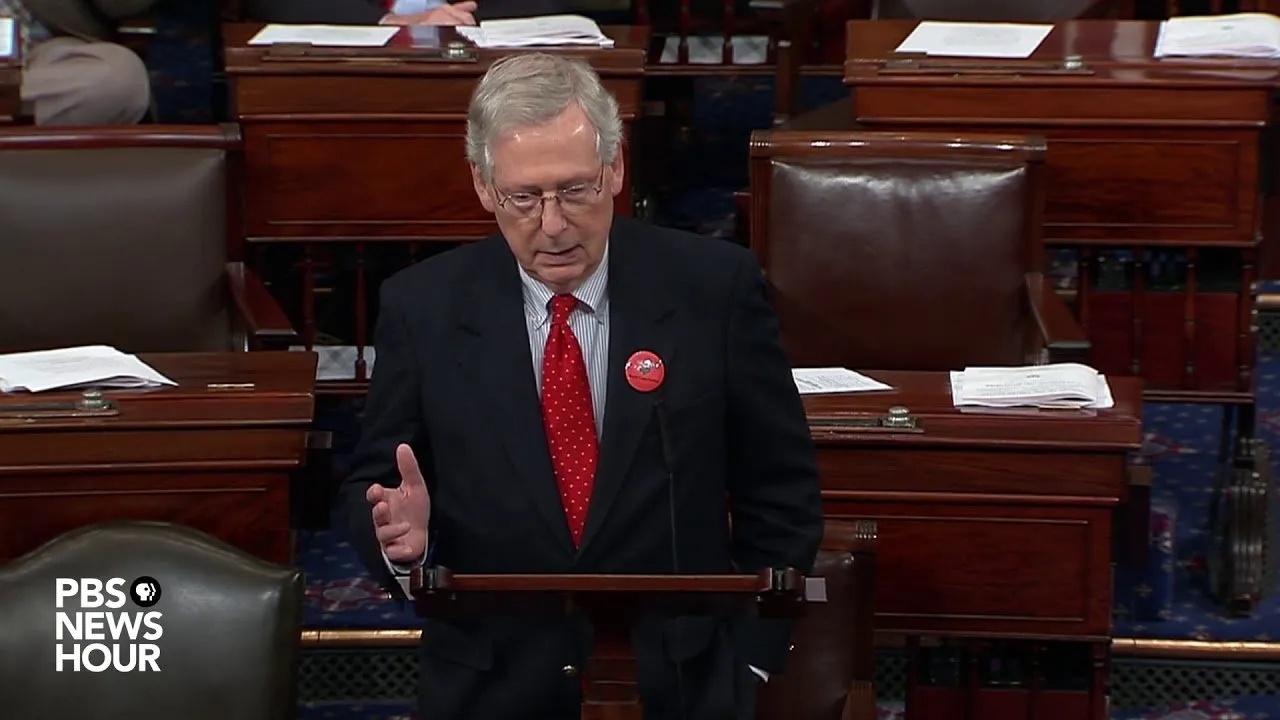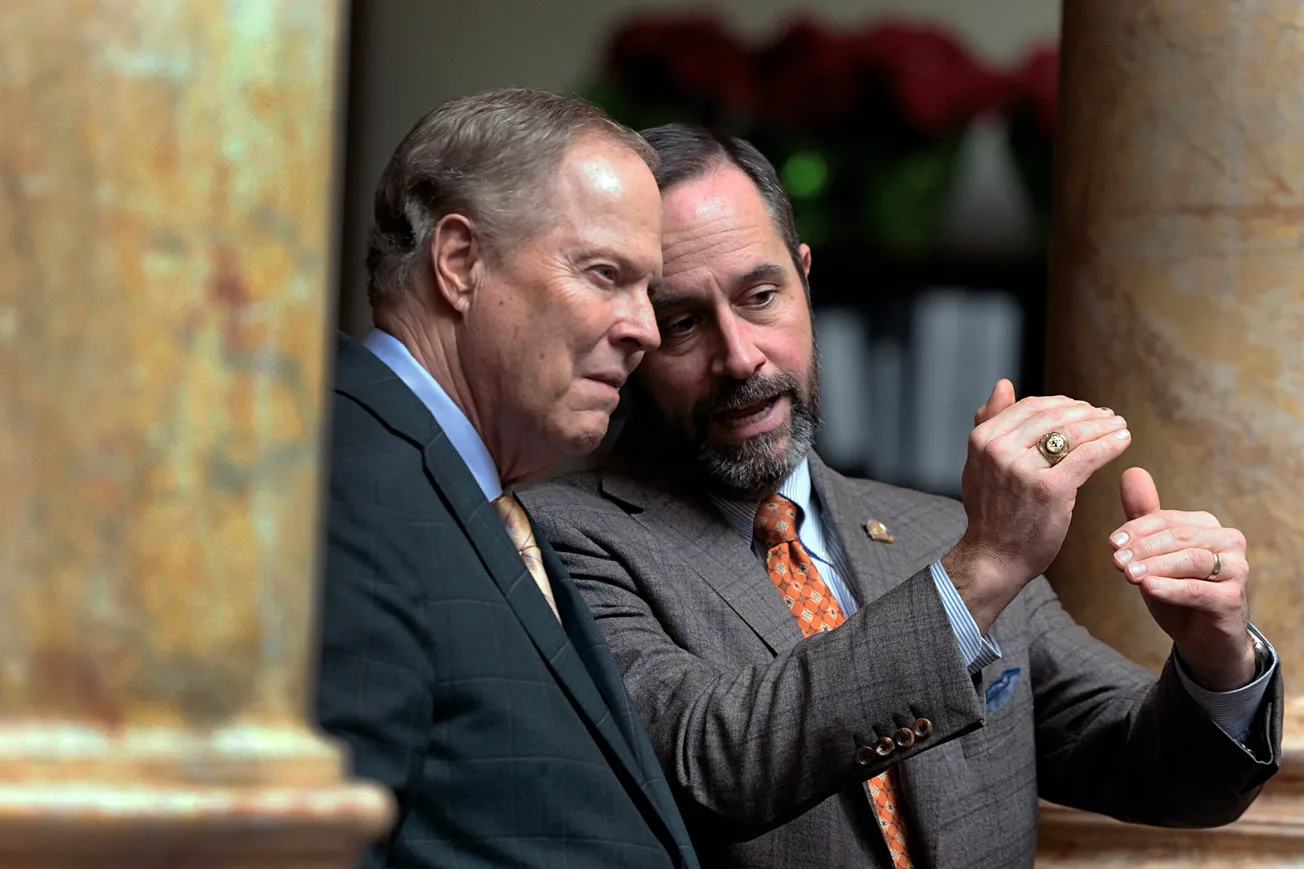Murray State University historian Brian Clardy says the right-wing wig-out over Critical Race Theory reminds him of the castor oil he took as a kid.
“It tasted awful but you knew it was good for you.”
A slew of conservatives, almost all of them white, gag at CRT. “But it’s good for the country because it purges from our system the false claims that we’ve never been a racist country,” Clardy said. “Racism is still everywhere; it is coming out of the pores of this country’s skin, and it can lead to our undoing. That’s what I’m afraid of.”
CRT is an academic movement that seeks to promote a better understanding of American history by pointing out how racism has shaped politics, public policy, and society, from colonial times to today.
Right-wing reaction to CRT has been near-hysterical. Florida GOP Gov. Ron DeSantis, a Donald Trump sycophant, is typical of CRT’s conservative detractors. He claims it’s “false history” that teaches school kids “to hate their country and to hate each other.”
DeSantis, who is up for reelection next year, is working overtime pandering to conservative whites, who make up the bulk of his Florida base and Trump’s base nationally. The governor has vowed to prevent the teaching of CRT in Florida public schools.
“The problem of the twentieth century is the problem of the color-line — the relation of the darker to the lighter races of men in Asia and Africa, in America and the islands of the sea,” scholar, civil rights activist and author W.E.B. Du Bois warned in 1903, six years before he helped found the NAACP.
Republican neo-Jim Crow voter suppression laws, police killings of Blacks, and the rise of Trumpism are more proof, as if it were needed, that “the problem of the color line” is still with us.
Conservatives who condemn CRT often focus their ire on the 1619 Project, which was researched and written by a team of writers led by Nikole Hannah-Jones of the New York Times. She earned a Pulitzer Prize for her essay introducing the project, a series of compositions by contemporary African-American writers that were published in the New York Times Magazine.
She is also a journalism professor at the University of North Carolina, her alma mater. Following criticism from conservatives, the university recently refused to offer her tenure. “That was wrong and she needs to sue,” Clardy said. “Her faculty colleagues voted to give her tenure.”
Hannah-Jones and the other writers named their project for the year in which a ship landed in colonial Virginia “bearing a cargo of 20 to 30 enslaved Africans” whose “arrival inaugurated a barbaric system of chattel slavery that would last for the next 250 years. This is sometimes referred to as the country’s original sin, but it is more than that: It is the country’s very origin,” explained Jake Silverstein, the magazine’s editor-in-chief, in an introduction headlined, “Why we published The 1619 Project.”
The project’s goal was to “to reframe American history by considering what it would mean to regard 1619 as our nation’s birth year,” wrote Silverstein, who added, “doing so requires us to place the consequences of slavery and the contributions of black Americans at the very center of the story we tell ourselves about who we are as a country.”
Added Clardy: “Some people want to sanitize and officialize history. There is no such thing as a perfect society; there is no such thing as a perfect country. History is what it is.
“The 1619 Project has come under attack because it is unveiling some ugly truths that we’ve never worked through as a society. You have one side that wants to believe in the Big Lie, and the other side wants to reveal these ugly truths we have not really confronted. Until we do, we can’t go forward.”
He said Trump is a racist who was elected president by exploiting racial resentment and white angst at “the other.” The ex-president demonizes CRT.
Two months before he was defeated for a second term, Trump issued an executive order that barred “diversity and race sensitivity training” in federal agencies and stopped government “spending related to any training on critical race theory.” The order called the training “divisive, anti-American propaganda.”
Meanwhile, Trump, Trump-tilting politicians, and the almost all-white, right wing-media echo chamber continue to demagogue against CRT. “They want the country to ignore that slavery happened, Jim Crow happened, that near-genocide of the native American happened, that the Chinese Exclusion Act happened, and that the internment of the Japanese happened in World War II,” Clardy said.
“It’s history; you cannot change that. President John Adams was very clear when he said, ‘Facts are stubborn things.’”
Clardy said facts are still the most powerful antidote to falsehoods. “You have to keep getting the truth out there. The only way you can counter the Big Lie is with the Big Truths. But sometimes you have to shout it from the rooftops.”
–30–








